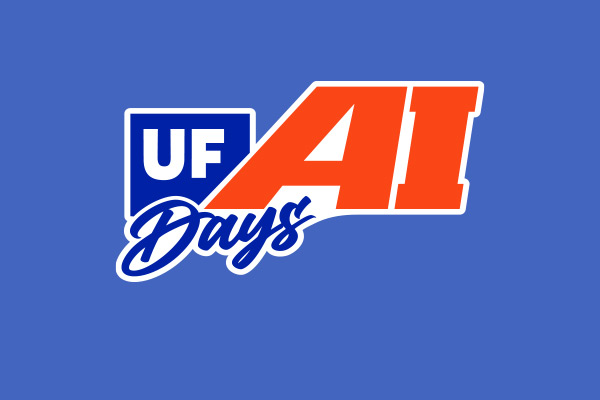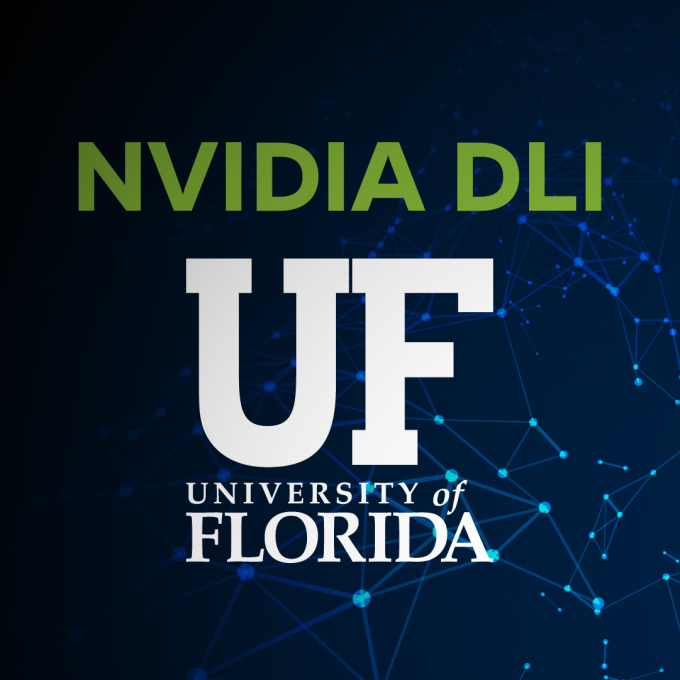AI Days is back at the University of Florida from Oct. 16-20. All faculty, students, and staff are welcome to join UF’s AI2 Center for five days of competitions, faculty panels, and AI events.
Oct. 16 — Student Competitions
Students are invited to compete in three competitions that feature up to $60,000 in prizes. Registration deadlines and requirements vary. Visit ai.ufl.edu/ai-days/ for information about each competition.
Oct. 17-18 — AI Teaching & Research Symposium, Poster Presentations
This year’s AI Days includes a two-day symposium on various topics of AI teaching and research. View the schedule here. Faculty, students, and staff are also invited to present posters featuring AI in their discipline. (Registration is required to present.)
Oct. 19 — AI Workforce Readiness
Thursday’s panel features experts on navigating an AI-integrated workforce and the new realities of conducting a job search with an AI perspective.
Oct. 20 — College-Specific AI Events
Departments across campus are hosting events to conclude the 2023 AI Days, including UFIT which is facilitating an NIVIDIA Deep Learning Institute (DLI) workshop on using the new Omniverse tool. The DLI workshop is titled, “Synthetic Data Generation for Training Computer Vision Models.”











